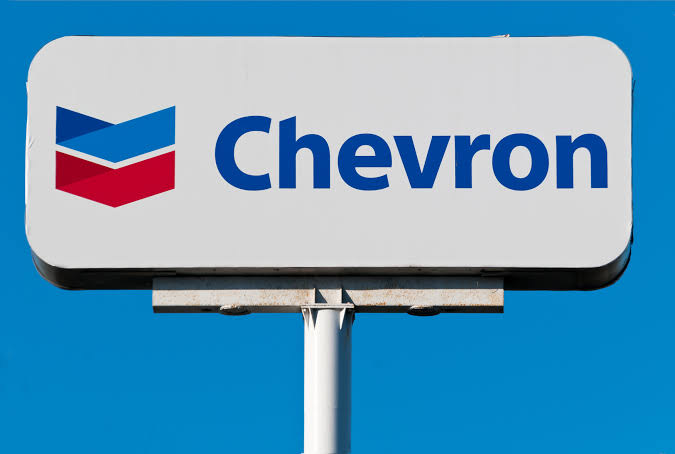Chevron Nigeria Limited, a subsidiary of Chevron Corporation, has revealed the discovery of a new oil field that could produce an estimated 17,000 barrels of oil per day (bpd), a development set to enhance Nigeria’s struggling oil output.
The “near-field discovery” was made by the Meji NW-1 spud in Petroleum Mining Lease 49, representatives of Chevron told S&P Global Commodity Insights in a statement on October 18.
The block is located in the shallow offshore area of the Western Niger Delta.
“This accomplishment is consistent with CNL’s intention to continue developing and growing its Nigerian resources, including the onshore and shallow water areas,” the company said in the statement, “and supports Chevron’s broader global exploration strategy to find new resources that extend the life of producing assets in existing operating areas and deliver production with shorter development cycle times.”
The discovery of the new field comes at a time when Nigeria is facing challenges in its oil sector. The country’s oil production has been declining in recent years due to a variety of factors, including sabotage, theft, and aging infrastructure.
Data from S&P Global Commodity Insights showed Chevron holds a 40 percent interest in Oil Mining License (OML) 49 alongside NNPC in a joint venture.
Further findings showed production from the Meji field peaked at 51,000 bpd in 2005 but has since fallen to some 17,000 bpd, most of it crude oil.
Discoveries were first made on the license in 1965, with production starting four years later.
Chevron did not offer a timeline for production at Meji NW-1 or any detail on how much the asset could produce.
Nevertheless, the find is a fillip for Nigeria’s economy and illustrates the contrast with Chevron’s peers, who are leaving the Niger Delta in their droves in favor of deep-water opportunities in Nigeria and less risky jurisdictions and frontiers like Namibia and Guyana.
The new field is expected to help offset some of these declines and boost Nigeria’s oil production. It is also expected to create jobs and generate revenue for the local communities where it is located.
Eni has already quit the Nigerian onshore and shallow water, selling its business to local firm Oando.
Meanwhile, Shell has finalized an agreement to sell its onshore business to the Renaissance consortium, which consists of five primarily local companies. ExxonMobil has struck a deal with Seplat and Equinor, while TotalEnergies is selling its assets to Chappal Energies, a company focused on Nigeria.

